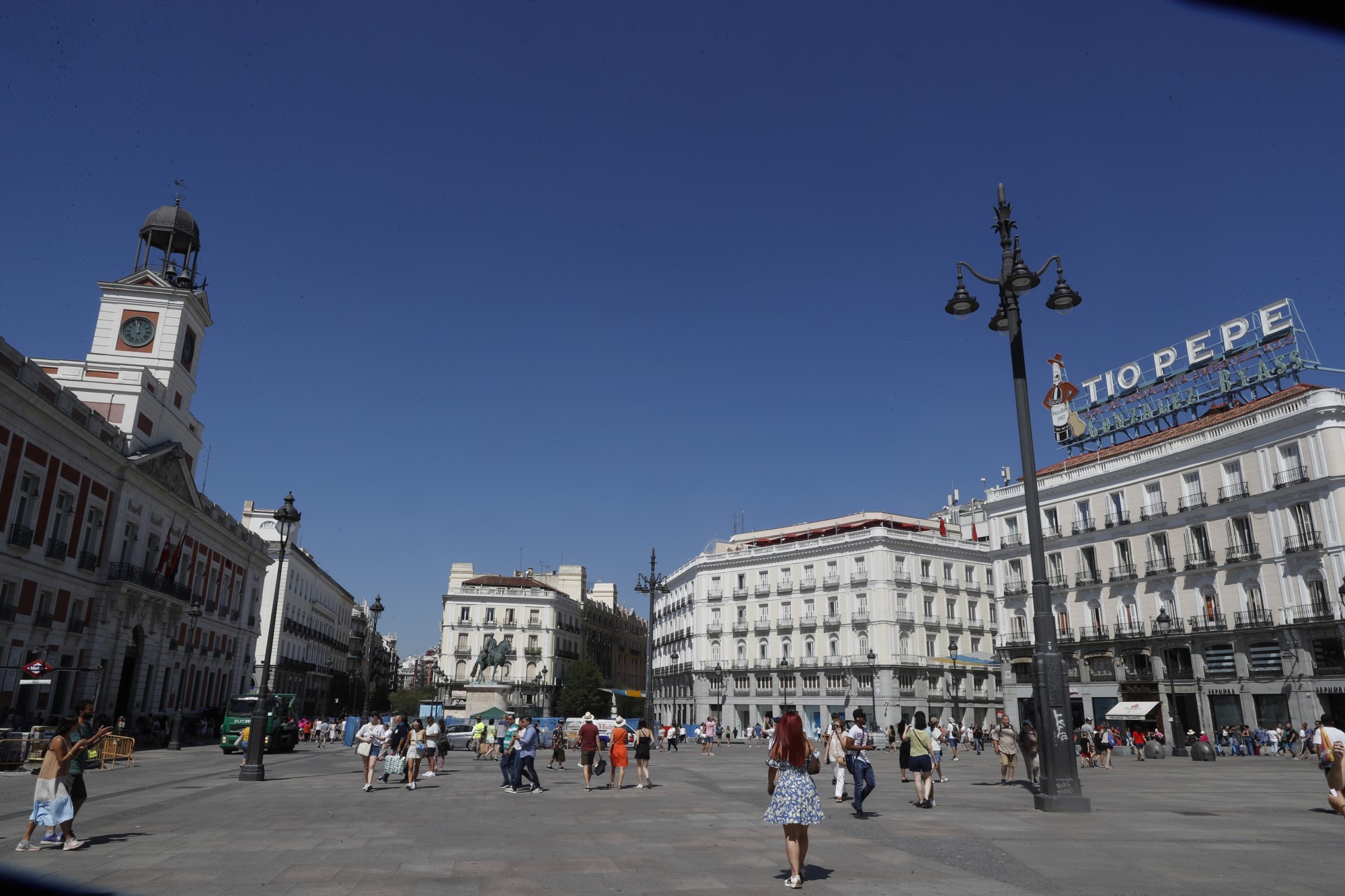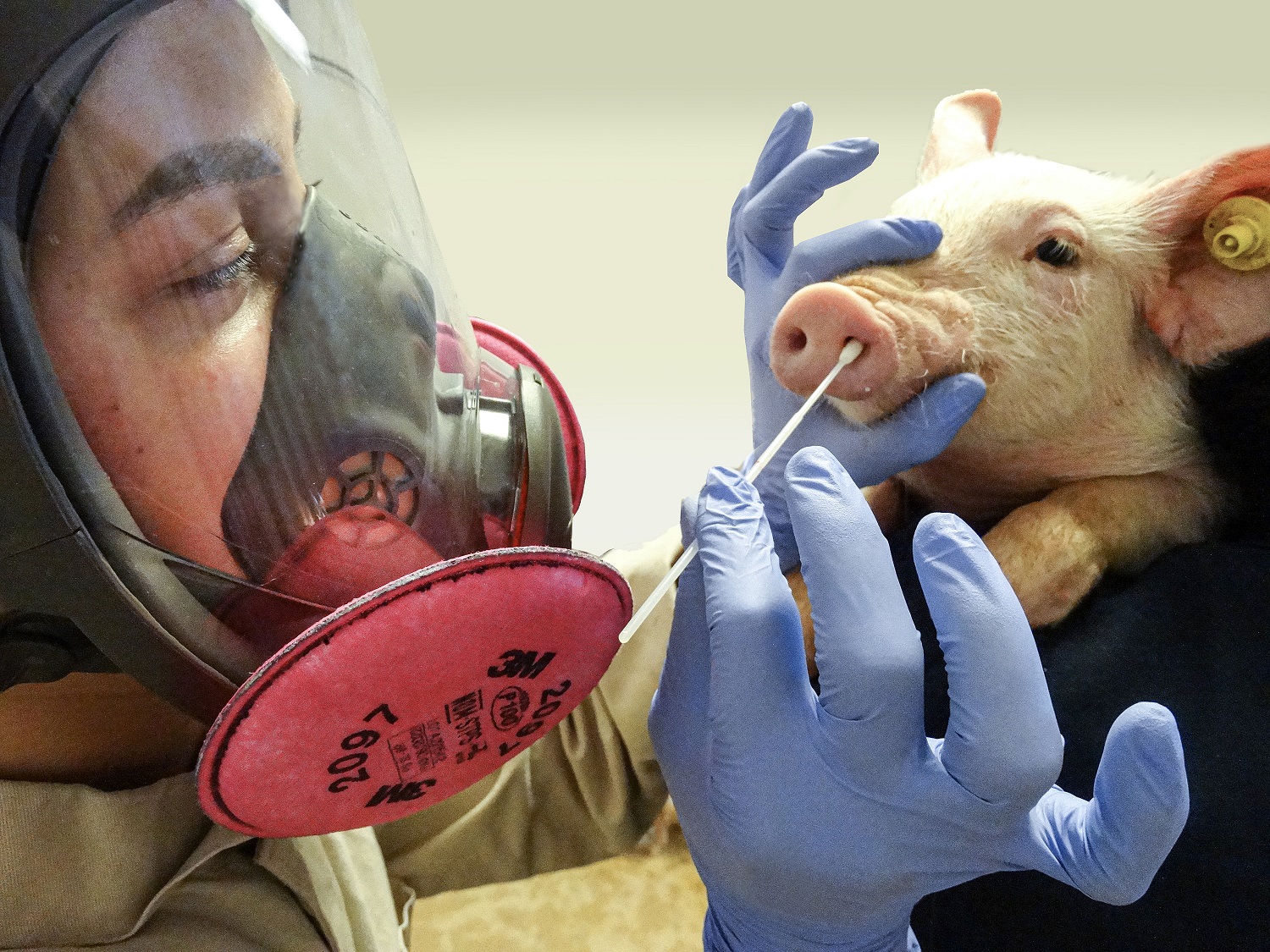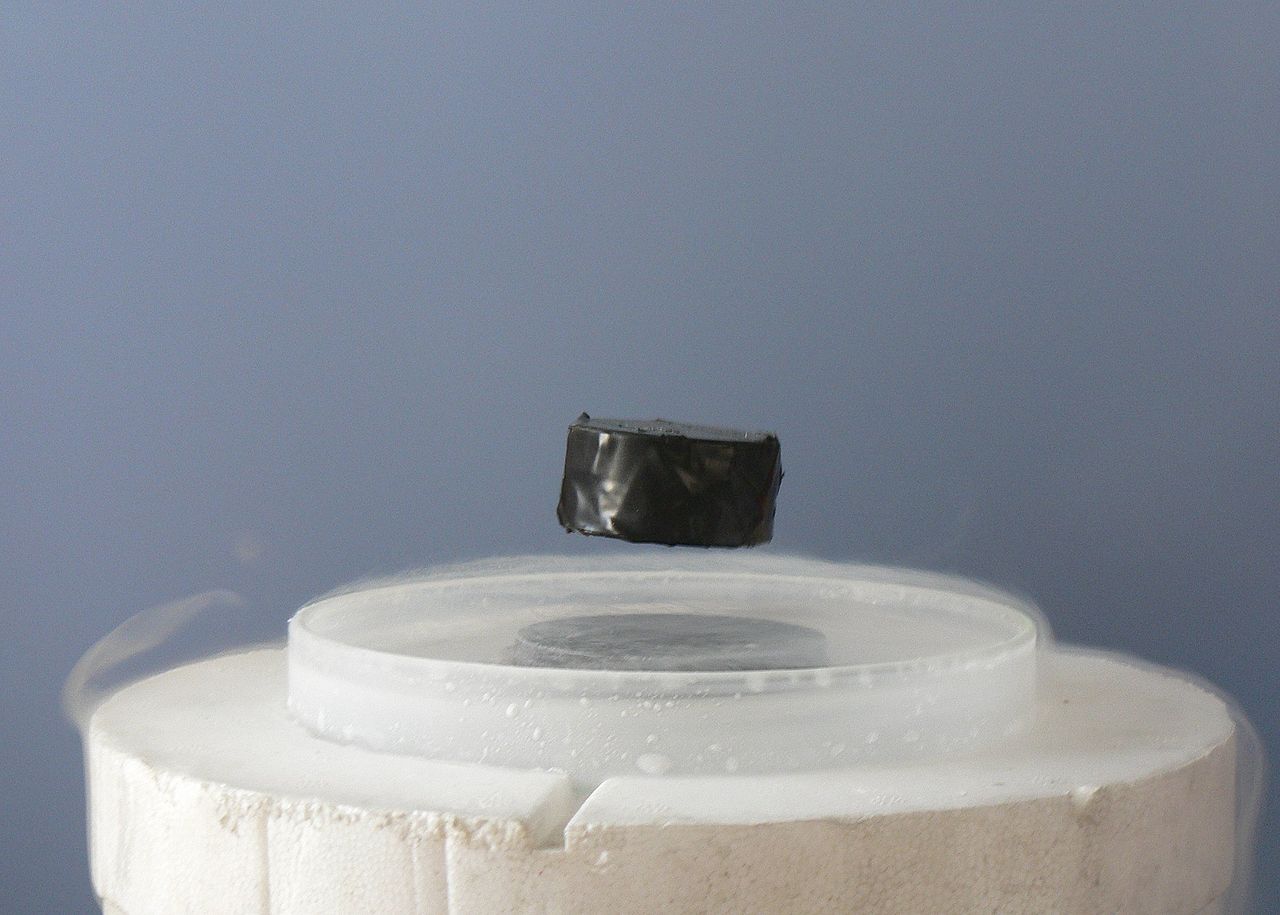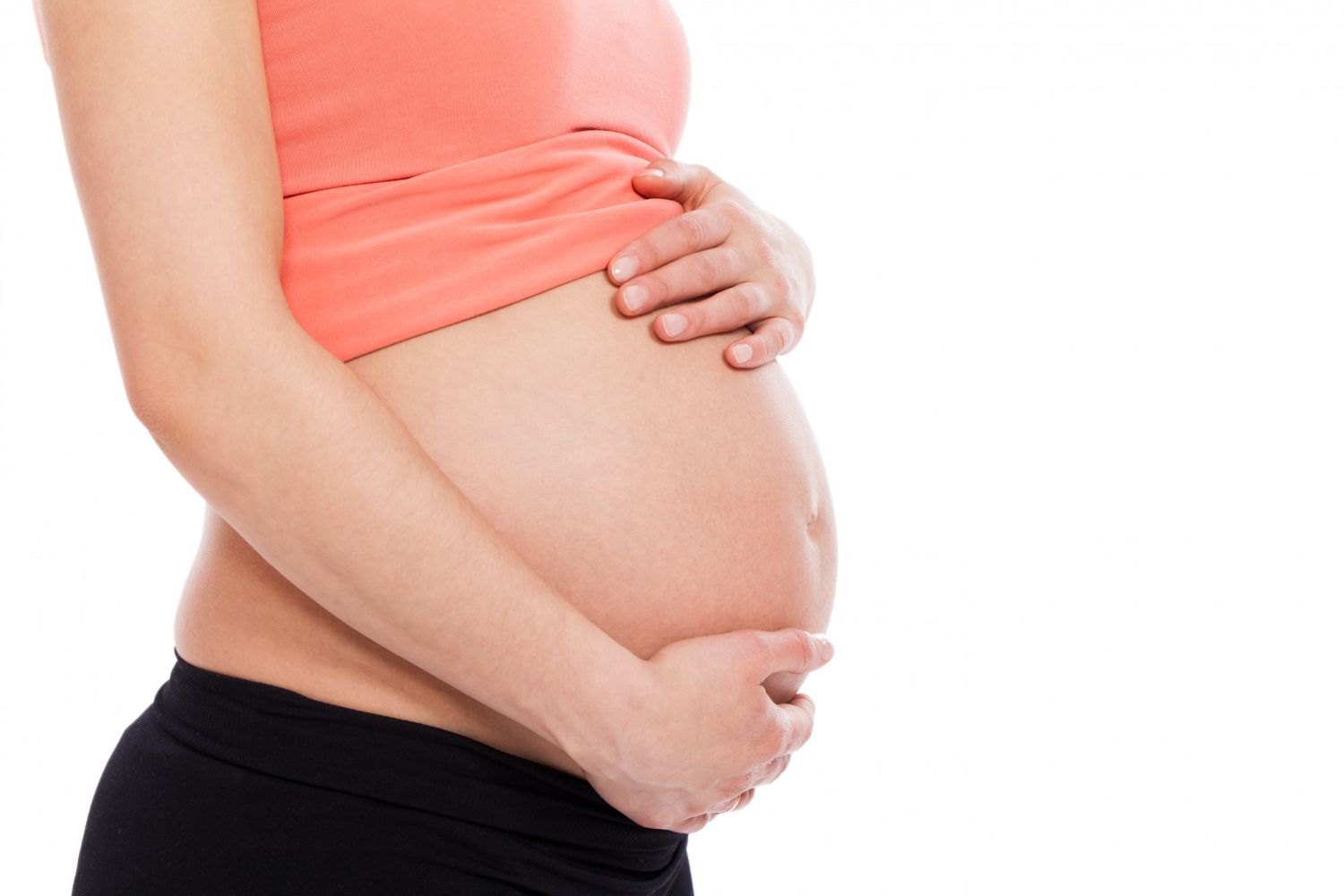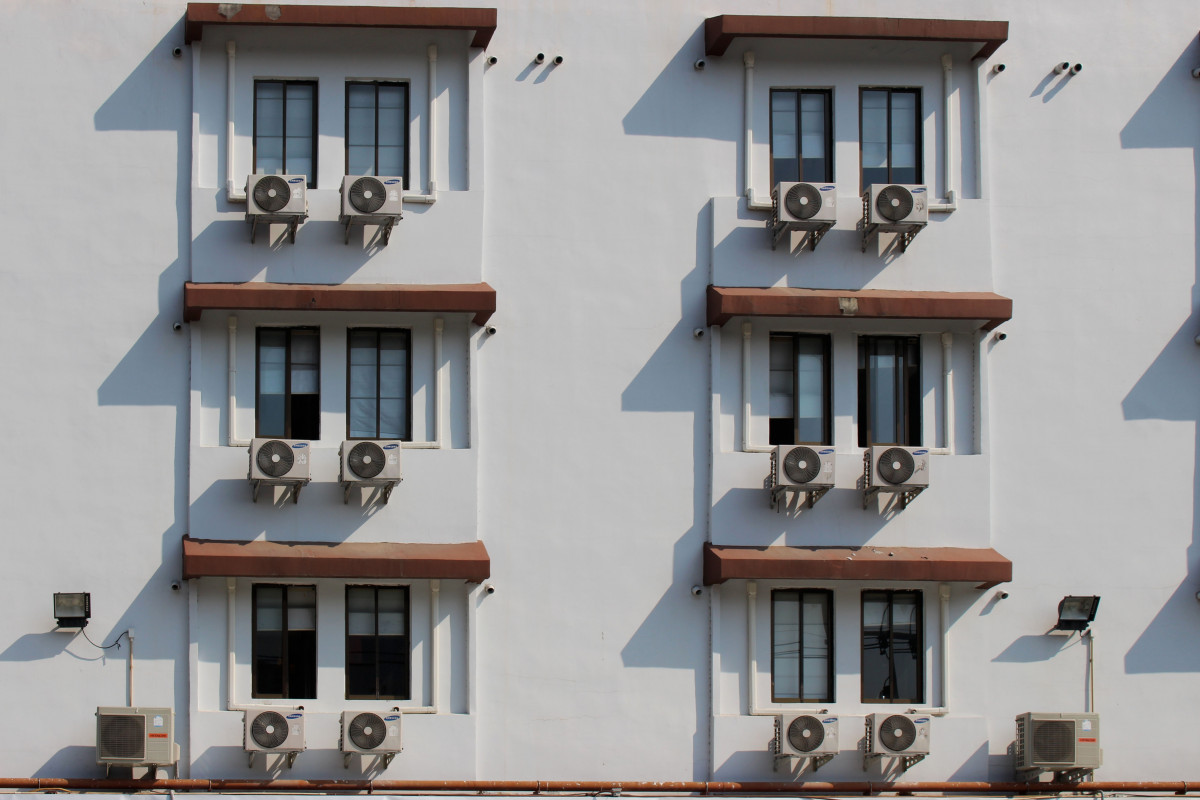Is a heat wave in health the same as a heat wave in meteorology?
In 64 % of the cases, the temperature thresholds that define a heatwave according to the Ministry of Health are below the heatwave threshold established by AEMET. This implies that the population does not perceive situations of risk to their health when they do exist.
